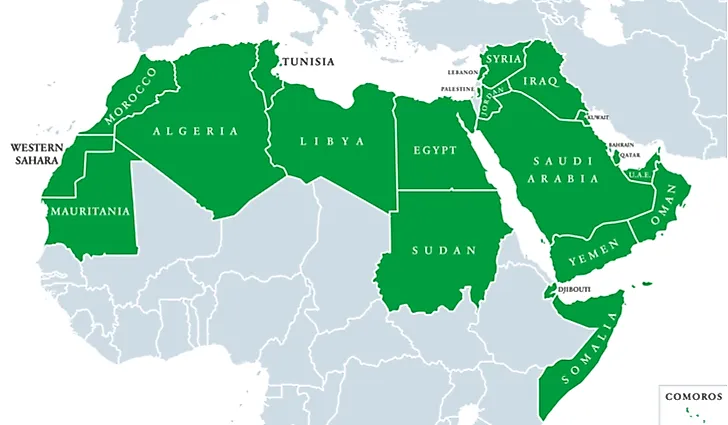Arab nations have issued strong warnings to Israel over its plans in the West Bank. The move comes as Israel’s so-called campaign against Hamas has shifted into a broader offensive in Palestine. Prime Minister Benjamin Netanyahu has repeatedly expressed interest in controlling Gaza and the West Bank.
Saudi Crown Prince Mohammed bin Salman recently met with UAE President Mohammed bin Zayed in Riyadh. During the meeting, he clearly warned Israel. He said that if Tel Aviv moves to occupy the West Bank, normalizing relations with Arab nations will be impossible. This message was broadcast by Israel’s Kan News.
Earlier, the United Arab Emirates had called West Bank occupation a red line. The UAE reminded Israel that the main condition of the Abraham Accords was to withdraw from the West Bank. Both the UAE and Saudi Arabia have now threatened to leave the agreement if Israel does not abandon its expansion plans.
A close Saudi source told media that any step toward annexing the West Bank will not only break the Abraham Accords but also permanently block Saudi-Israel normalization. Media experts say this situation could strengthen Iran and Hamas’s strategies. These groups aim to disrupt Arab-Israel relations in the region.
Both Saudi Arabia and the UAE are now clearly pushing for a two-state solution. The UAE president posted on social media that the only path to peace in the region is a solution based on two states. This marks a firm stance by influential Arab nations against Israel’s expansion plans in occupied territories.
The warning comes at a critical time in Middle East diplomacy. Israel’s actions in Gaza and the West Bank have drawn international concern. The Abraham Accords, signed to promote peace and cooperation, now face serious challenges. Arab leaders insist that adherence to the accords requires Israel to halt any annexation.
Observers note that the ongoing tension could reshape regional alliances. The warning from Saudi Arabia and the UAE signals a united front among key Arab powers. Analysts suggest that the move also strengthens the leverage of Iran-backed groups who oppose Arab-Israel normalization.
With Israel showing no signs of retreat, Arab nations are stressing diplomatic pressure. The UAE and Saudi Arabia have emphasized that peace talks and agreements must respect Palestinian sovereignty. They are prepared to take concrete actions if Israel continues its occupation plans.
Social media posts from the UAE president highlight the two-state solution as the only viable path to lasting peace. This approach aligns with longstanding international calls for resolving the Israeli-Palestinian conflict.
As tensions rise, regional stability remains fragile. Arab nations are making it clear that any violation of Palestinian rights could undo years of diplomatic progress. Experts warn that continued occupation risks escalating conflicts further, undermining peace efforts in the Middle East.

